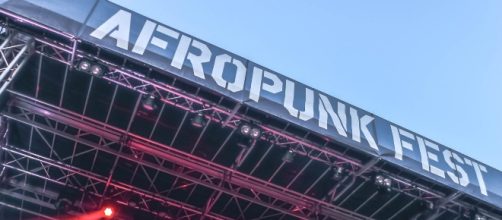Today, Afropunk’s annual festival launched again for its thirteenth year! On August 26th and 27th, Afropunk’s weekend-long festival in Brooklyn, New York– specifically in the Forte Greene neighborhood– welcomes a number of well-known and talented artists including Solange, SZA, Anderson .Paak, and Kaytranada.
The festival first commenced in 2005, starting as a small and free event featuring many underground artists. Afropunk has since been for-profit, requiring pay by 2015. The show may not be free, but one can earn a ticket through community service, therefore maintaining the message.
It has also moved on to being an international movement, occurring in Paris, France; Seattle, Washington; and in a myriad of other locations.
Afropunk origins
Afropunk was inspired by the 2003 documentary film “Afro-Punk”. Director James Spooner, wanted to bring attention to stereotypes perpetuated in the punk scene, particularly of the idea that punk was for white people. Thus, he explored the roles of Black people in a predominantly white space.
Afropunk, then, became a necessary pleasure to disrupt the racism towards Black people in the punk subculture, and to build their own community there as well. Its mission, stated on the Afropunk website, is to “unleash freedom of expression, and honor the power of individuality while strengthening [the] community.”
What’s changed
This festival, at heart, is a celebration of Blackness.
And more than that, a celebration of alternative Blackness. However, it has somewhat departed from its roots. As Afropunk has become a global phenomenon, it has appeased mainstream audiences and punk is no longer the main genre of the playlist.
While Afropunk still caters to the wants of Black people, and people of color in general, the meaning is maybe less symbolic, as the Black kids who were first alienated for liking and being involved with punk still are not offered an exclusive space to be themselves.
Matthew Morgan, the producer of “Afro-Punk” gives that he likened this 2017 festival to a “mixtape”. He wants “people to be open and free enough to experiment within the space”. Perhaps, this an allusion the changes of the festival over time.
The opinions of such a transition are mixed. Some say that they do not mind the change, or even are pleased with the turn-out. Several punk enthusiasts, in contrast, especially those who are Black, say that Afropunk is not worth it anymore. Withal, Afropunk remains a highly anticipated global music festival amongst many.


